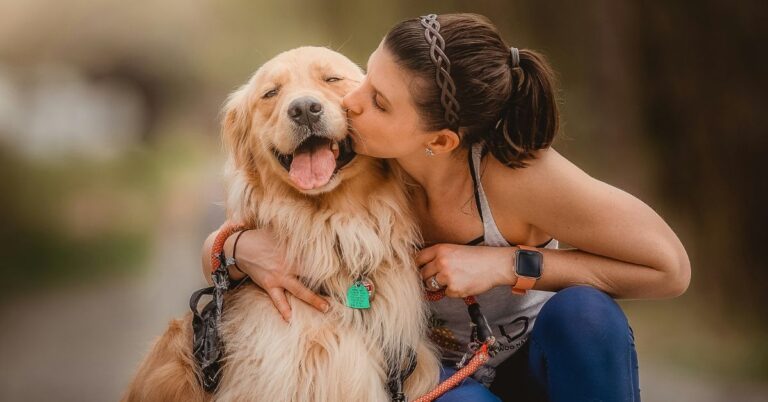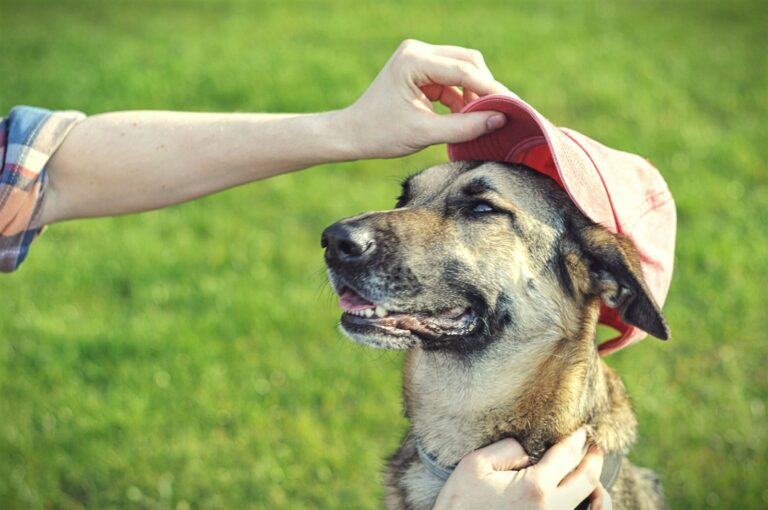Preventing and Treating Postpartum Infections in New Dog Moms

The arrival of puppies is sure to steal the spotlight, but it’s crucial to focus on mom, too. Following delivery, dogs can face complications and infections that worsen over time, making early detection critical. Here is a list covering preventive measures, early signs, and treatment options for postpartum infections. Read on to learn how to keep dog moms safe for their pups and you.
Common Postpartum Infections in Dogs

Following delivery, dogs become prone to a number of infections, including mastitis, metritis, and, rarely, blastomycosis. While mastitis causes inflammation of the mammary glands, metritis infects the uterus and can worsen if left untreated. Both the mother and her puppies’ health depend on closely monitoring these issues and finding prompt treatment.
What is Mastitis?

Mastitis is the inflammation of mammary glands, often from bacterial infections or trauma. It is common in lactating females but can also affect non-lactating dogs and rarely males. Symptoms include swollen, hot teats, and abnormal milk. Severe cases can also show pus or dark tissue. Early detection and vet care are crucial for recovery.
Treatment of Mastitis
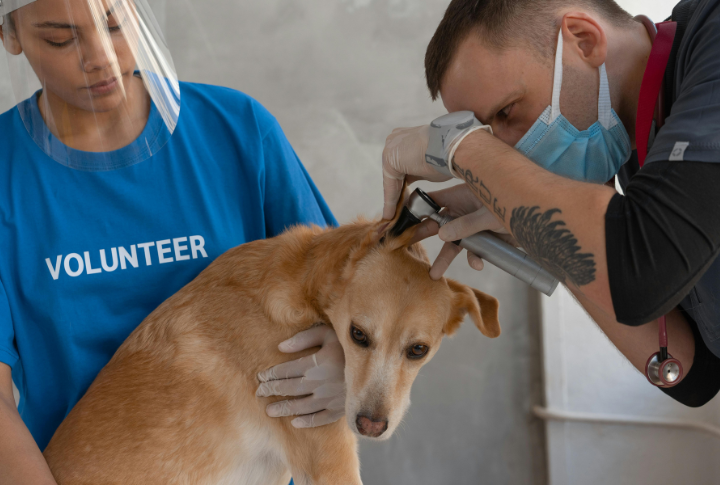
Your vet will most likely start by testing for bacteria to pick the right antibiotic. If your dog is dehydrated or in shock, she might need IV fluids. A warm compress will be applied to the affected areas several times daily, and encouraging nursing can help. If there’s an abscess, it will need to be drained and appropriately treated.
Metritis Overview

Metritis is a serious bacterial infection that affects the lining of the womb and can occur soon after a dog gives birth or up to a week later. Though rare, it can also be caused by an abortion or a miscarriage, needing medical attention. Common symptoms include high fever and foul-smelling discharge, which can be life-threatening if left untreated.
Treatment of Metritis

Your dog could require hospitalization where IV fluids and broad-spectrum antibiotics like Doxycycline and Amoxicillin can be administered. Sometimes, the vet will use medications to help expel any remaining tissue from the uterus. In severe cases, spaying—the removal of the entire uterus—is recommended to eliminate the infection and prevent future issues.
Surgical Site Infections

Redness, edema, and drainage at the incision site may result from surgical site infections following a C-section. The wound should be cleaned or drained as soon as possible, and antibiotics should be taken to combat the infection. Sustaining appropriate healing and preventing additional issues requires routine monitoring and follow-up care.
Risk of Untreated Infections
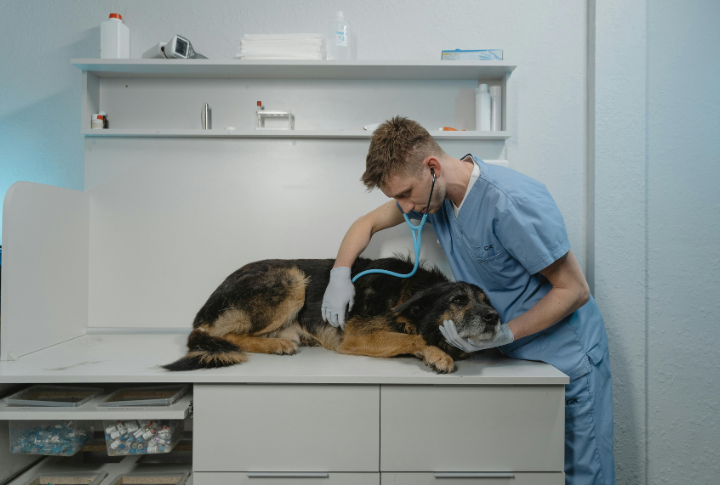
Postpartum infections, if not treated, can progress to more severe problems like systemic infection or sepsis. Your dog may have prolonged pain, fever, and dehydration. In severe situations, the infection can cause shock, organ failure, and even death, posing substantial risks to both the mother and her puppies.
Impact on Puppies
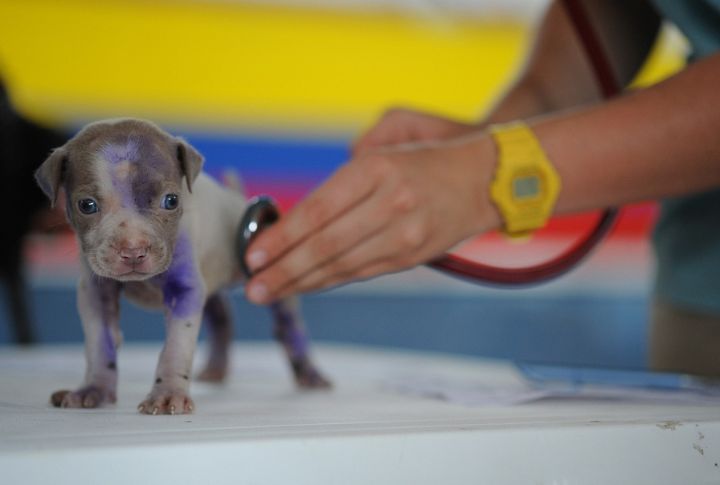
Postpartum infections like mastitis can cause the mother to nurse less due to pain, leading to slower weight gain and malnutrition in puppies. Metritis can make the mother feel unwell, reducing her ability to care for them. If the situation worsens, these infections can make the milk toxic, further endangering the puppies’ health.
Regular Vet Visits

Preventing postpartum infections requires routine veterinarian visits. Pregnancy-related routine examinations enable the veterinarian to track the mother’s health and identify any possible problems early. These visits also present a chance to talk about any worries, making sure the mother gets the care she needs and that any infection symptoms are quickly taken care of.
Immunization

Maintaining the current status of your dog’s vaccines is crucial to avoiding postpartum illnesses. Vaccines strengthen the mother’s defenses against dangerous germs and viruses that can damage her or her puppies. So, consult your veterinarian about the necessary vaccines prior to pregnancy to protect the mother and her potential litter from avoidable illnesses.
Keeping the Whelping Area Clean

A clean whelping area is critical to preventing postpartum infections. Simple hygienic practices like regularly sanitizing the space where your dog and puppies will stay significantly reduce the risk of bacterial infection after birth and support a smooth recovery. Experts recommend cleaning up mom dogs with warm water and a washcloth immediately after delivery.
Monitor Temperature Changes
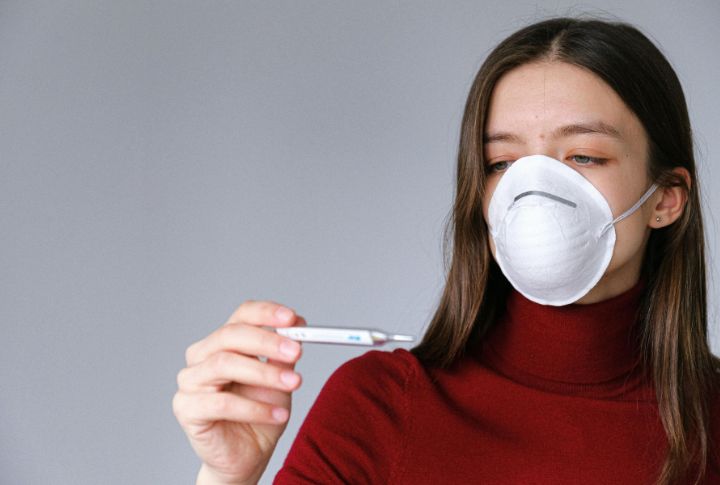
Temperature monitoring is essential after delivery, as any variation could suggest an underlying illness. As in any condition, early recognition facilitates early resolution of the problem, so make sure to keep an eye on both the mom and her pups too, especially in the first 72 hours.

